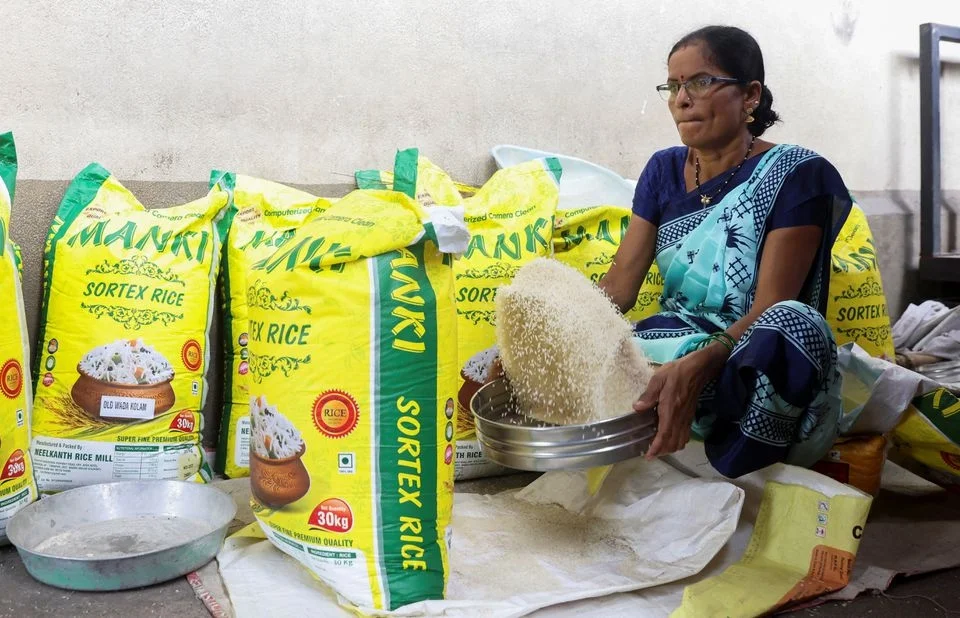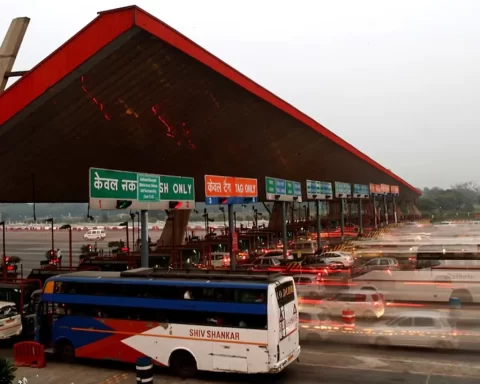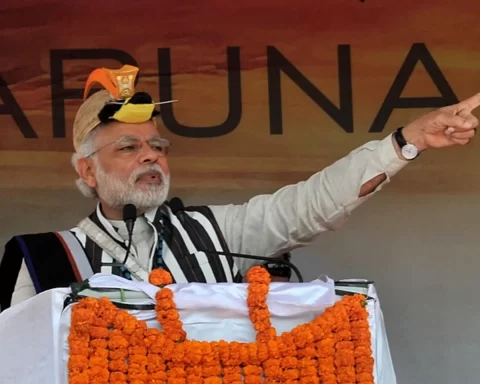MUMBAI (Reuters) –India is not considering imposing any restrictions on exports of non-basmati parboiled rice, Food Secretary Sanjeev Chopra said on Tuesday.
Last month, India surprised buyers by imposing a ban on the export of widely consumed non-basmati white rice, following a ban on broken rice exports last year.
Currently, there are no restrictions on the exports of parboiled rice, which constitutes nearly a third of India’s total rice exports.
India’s rice stocks were at nearly three times its target at the start of August.
“The government has surplus stocks, the open market has surplus stocks, and the new crop will start arriving within two months,” said Prem Garg, president of the Indian Rice Exporters Federation. “Rice supplies are more than comfortable.”
Indian farmers, who typically start planting rice in the rainy months of June and July, will start harvesting the new season crop from October.
During the marketing year beginning Oct. 1, the government plans to buy 52.1 million tons of new season rice from farmers against 49.5 million tons a year earlier, Chopra said.
Chopra also said there is no proposal as of now to import wheat from Russia via diplomatic deals.
Last week government sources told Reuters that India is in talks with Russia to import wheat at a discount to surging global prices in a rare move to boost supplies and curb food inflation ahead of state and national elections next year.
Wheat stocks at government warehouses were at 28.3 million tons on Aug. 1, 20% below the 10-year average.
Separately, Chopra said the government would also allow mills to sell an extra 200,000 tons of sugar in August. The government earlier allowed mills to sell 2.33 million tons of sugar in the open market this month.
Every month, the federal government fixes the quantity each mill can sell in the open market.





